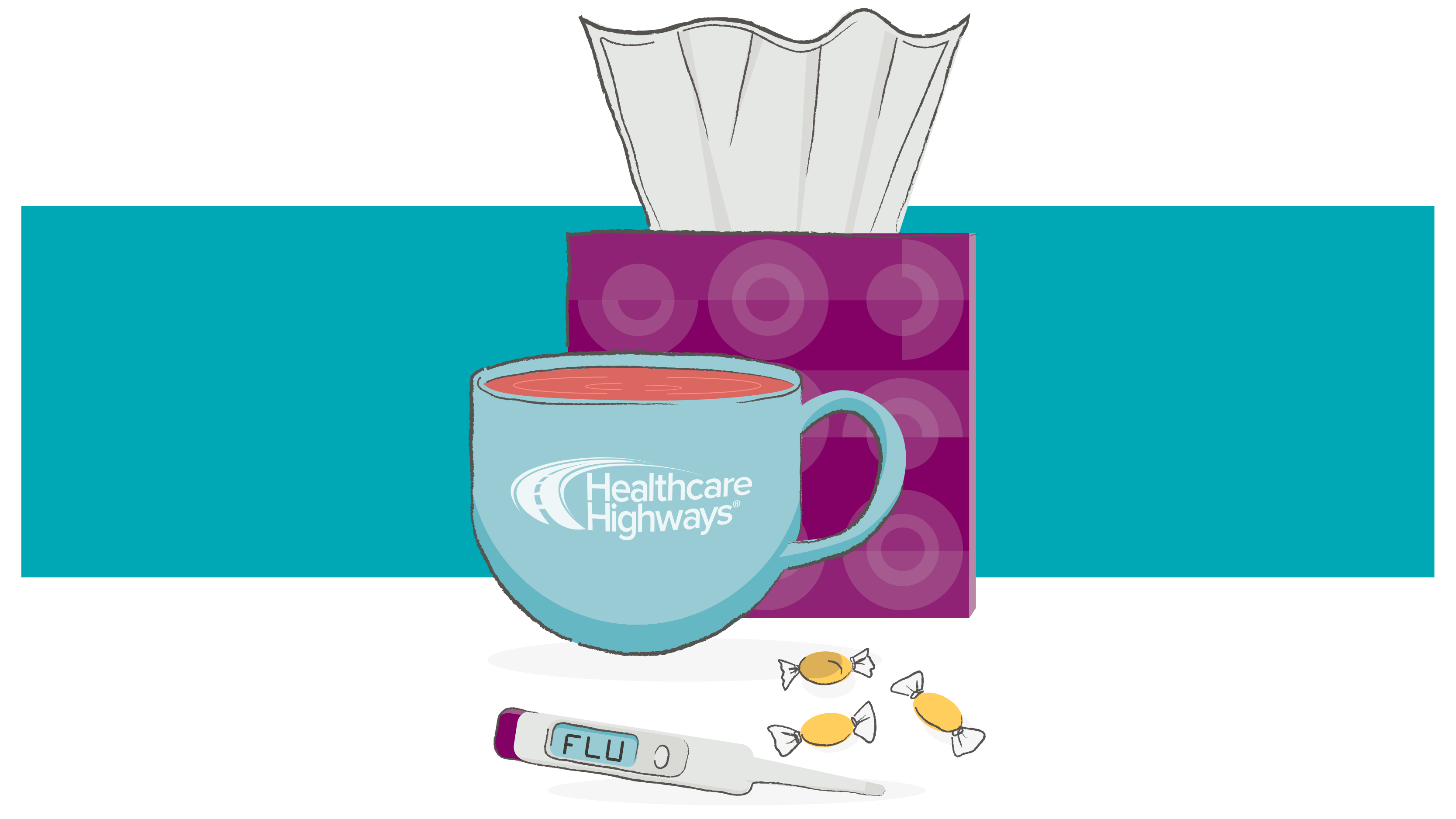COVID-19, the Common Cold, and the Flu. Is There Really a Difference?
Coronavirus (COVID-19), the common cold, and the influenza (flu) leave people feeling the same - crummy. Since the pandemic, COVID-19 has become the...
2 min read
Healthcare Highways : Aug 15, 2022

Influenza (flu) is a potentially serious disease that can lead to hospitalization and sometimes even death. Every flu season is different, and influenza can affect people differently, but millions of people get flu every year, hundreds of thousands of people are hospitalized, and thousands to tens of thousands of people die from flu-related causes every year. Flu can mean a few days of feeling bad and missing work or it can result in more serious illness. While some people who get a flu vaccine may still get sick, flu vaccination has been shown in ongoing yearly studies to reduce severity of illness.
Flu vaccines cause antibodies to develop in the body about two weeks after vaccination. These antibodies provide protection against infection with circulating influenza viruses.
Seasonal flu vaccines are designed to protect against the influenza viruses that research indicates will be most common during the upcoming season. All flu vaccines in the United States are “quadrivalent” vaccines, which means they protect against four different flu viruses: an influenza A(H1N1) virus, an influenza A(H3N2) virus, and two influenza B viruses.
The CDC recommends annual influenza vaccinations for everyone age 6 months of age and older, with rare exceptions. Vaccination is especially important for people at high risk of influenza complications, including:
Flu season starts in October in the US, and the CDC says to try getting your flu vaccine by the end of October, in time for holiday travel. However, even if you miss that window, getting your vaccine anytime during the flu season can still be beneficial.
There are many reasons to get a flu vaccine each year. Flu vaccination is the best way to protect yourself and your loved ones against flu and its potentially serious complications. Since infants younger than six months cannot be vaccinated against the flu, it’s crucial that the people around them get the flu shot for the baby’s health, according to both the CDC and the Texas Department of State Health Services.
Below is a summary of the benefits of flu vaccination and selected scientific studies that support these benefits.
Yes, Covid-19 vaccines and Covid-19 booster vaccines are safe to receive along with the flu vaccine, according to the CDC.

Coronavirus (COVID-19), the common cold, and the influenza (flu) leave people feeling the same - crummy. Since the pandemic, COVID-19 has become the...